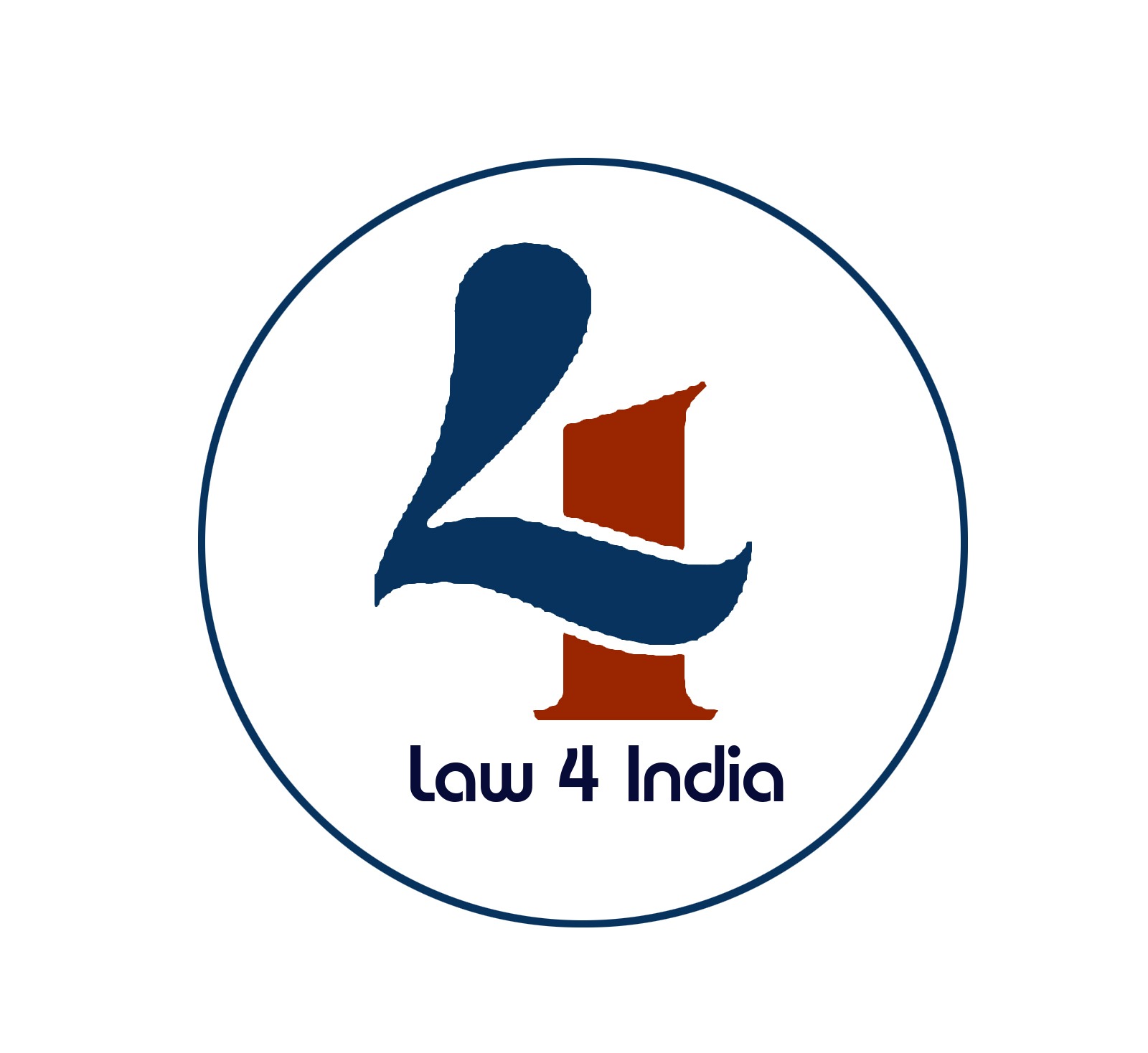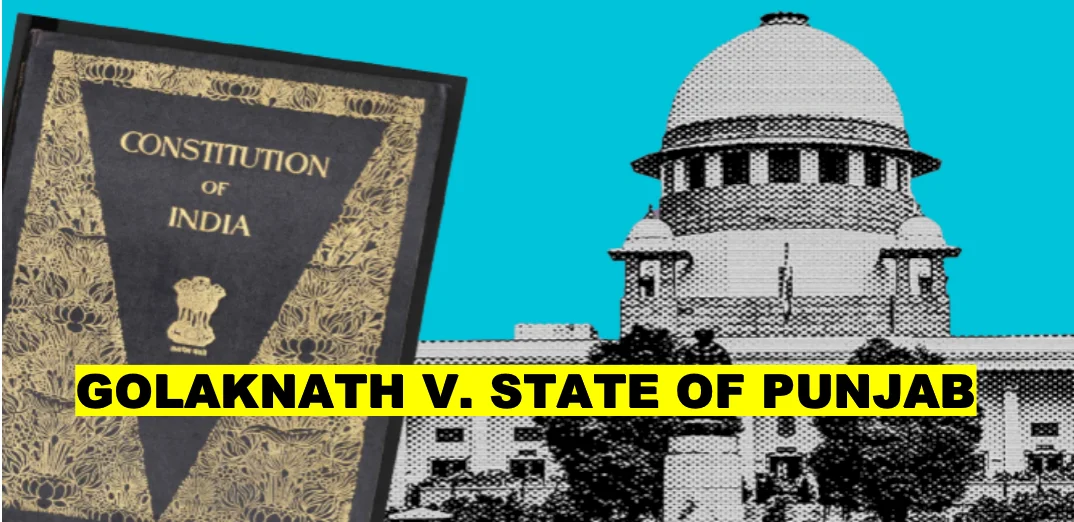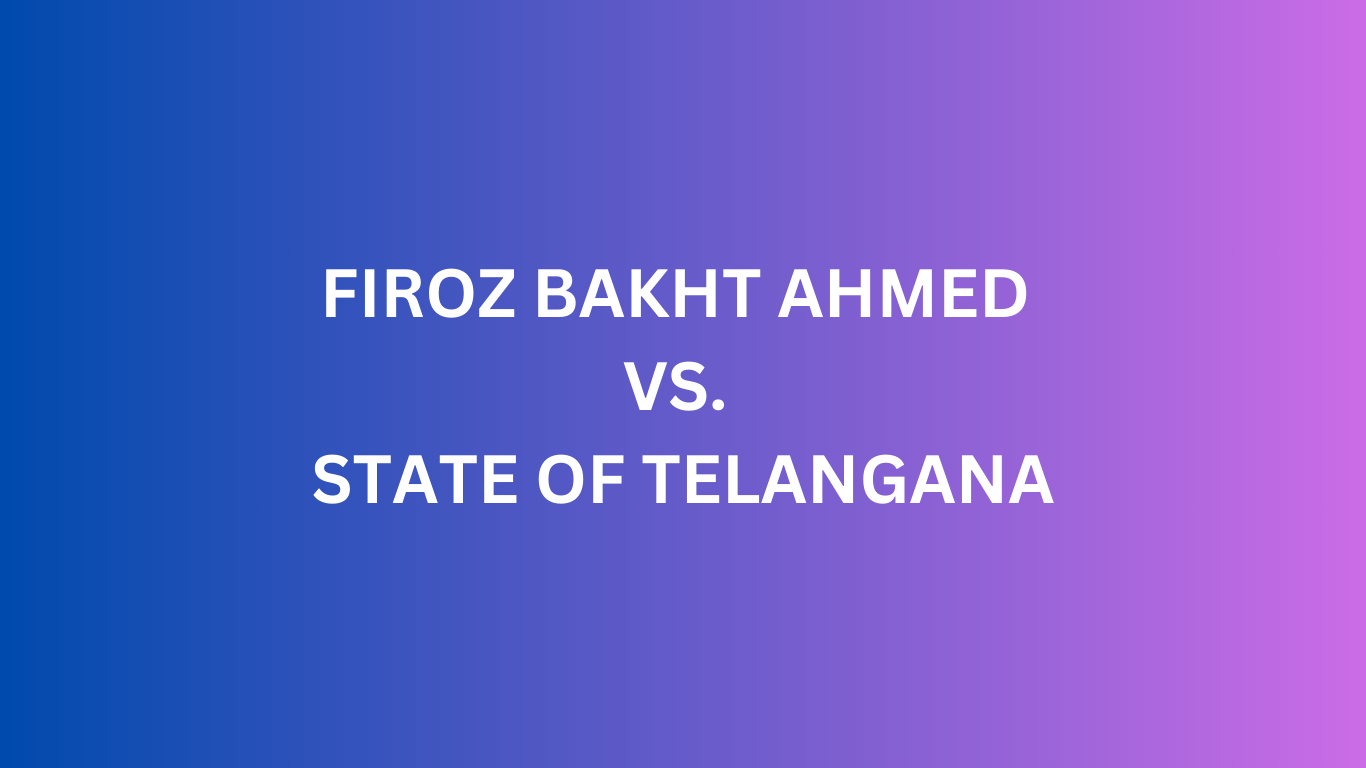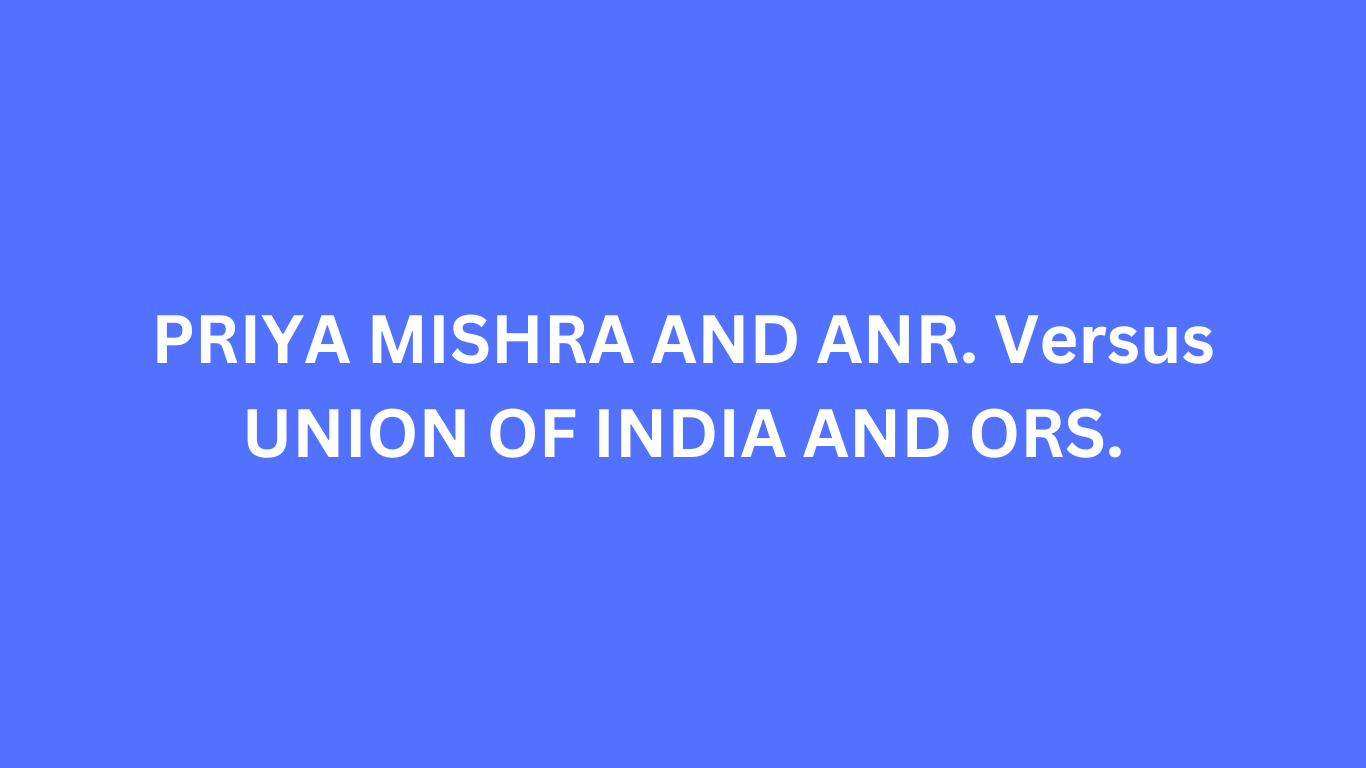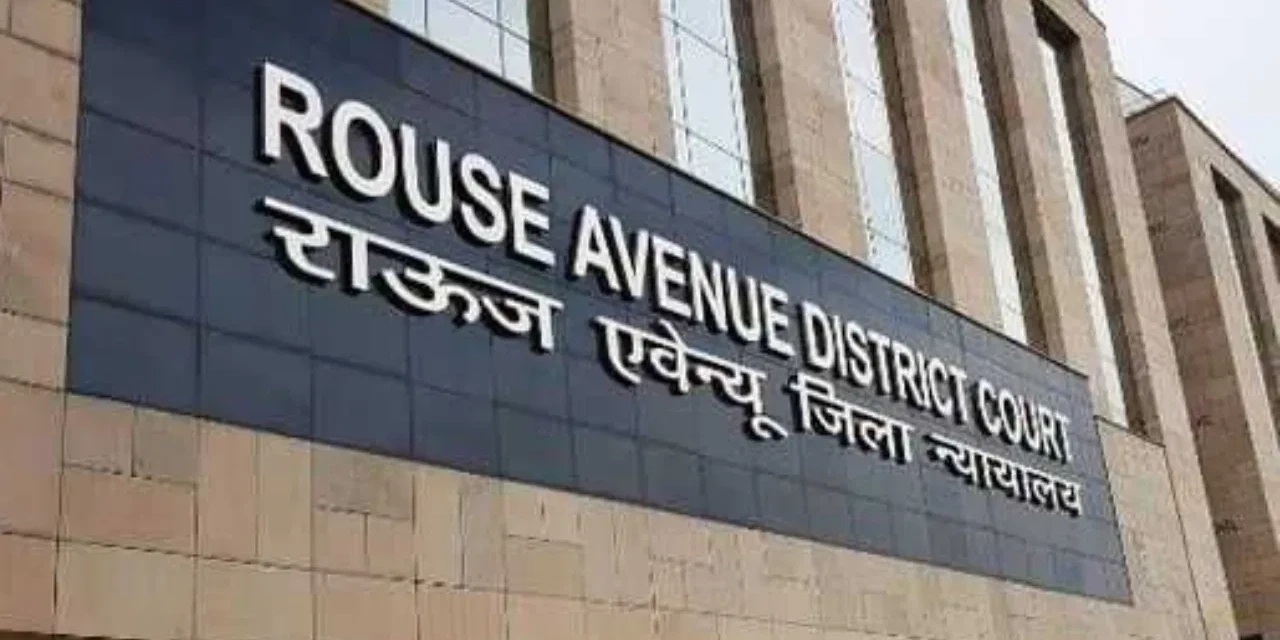The power of Parliament regarding amendments in Fundamental Rights has always been a topic of debate. The Supreme Court in the case of Golaknath cleared this conflict with the then highest majority bench.
The Golaknath family who lived in Jalandhar consisted of two brothers William and Henry Golaknath who owned 500 acres of land. However, in 1953, the Punjab government passed the Punjab Security and Land Tenures Act. As per the Act, a person can own only 30 acres of land.
The Golaknath brothers were told to give up their remaining land as per the new Punjab Security and Land Tenure Act. Aggrieved by this they challenged the Act arguing that it violated their Fundamental Rights to property guaranteed under Article 19(1)(f) and Article 31.
On top of that, the family also urged the court to declare the 17th Amendment through which the 1953 law came into being as unlawful.
The apex court in 6:5 majority held that the Parliament cannot amend Fundamental Rights. The majority bench was skeptical regarding Legislature’s true intent since the Legislature has used Article 368 to pass that in some way or another violates an individual’s Fundamental Right. Thus the Court ruled that an amendment which abridges any Fundamental Right is unconstitutional and the power to amend under article 368 is subject to judicial review.
Justice Subba Rao used the Doctrine of Prospective Overruling and ruled that the 17th Constitutional Amendment violated Fundamental Rights. The majority overruled Shankari Prasad and Sajjan Singh case where the Supreme Court conceded absolute power to Parliament in amending the Constitution.
In the year 1971 Parliament passed the 24th Amendment giving it the power under Article 368 to curtail even the fundamental rights. Later in the year 1973 Supreme Court in the historic Keshavanada Bharati case established the basic structure doctrine by ruling that Parliament can amend the Fundamental rights but cannot change the basic structure of the Constitution.
